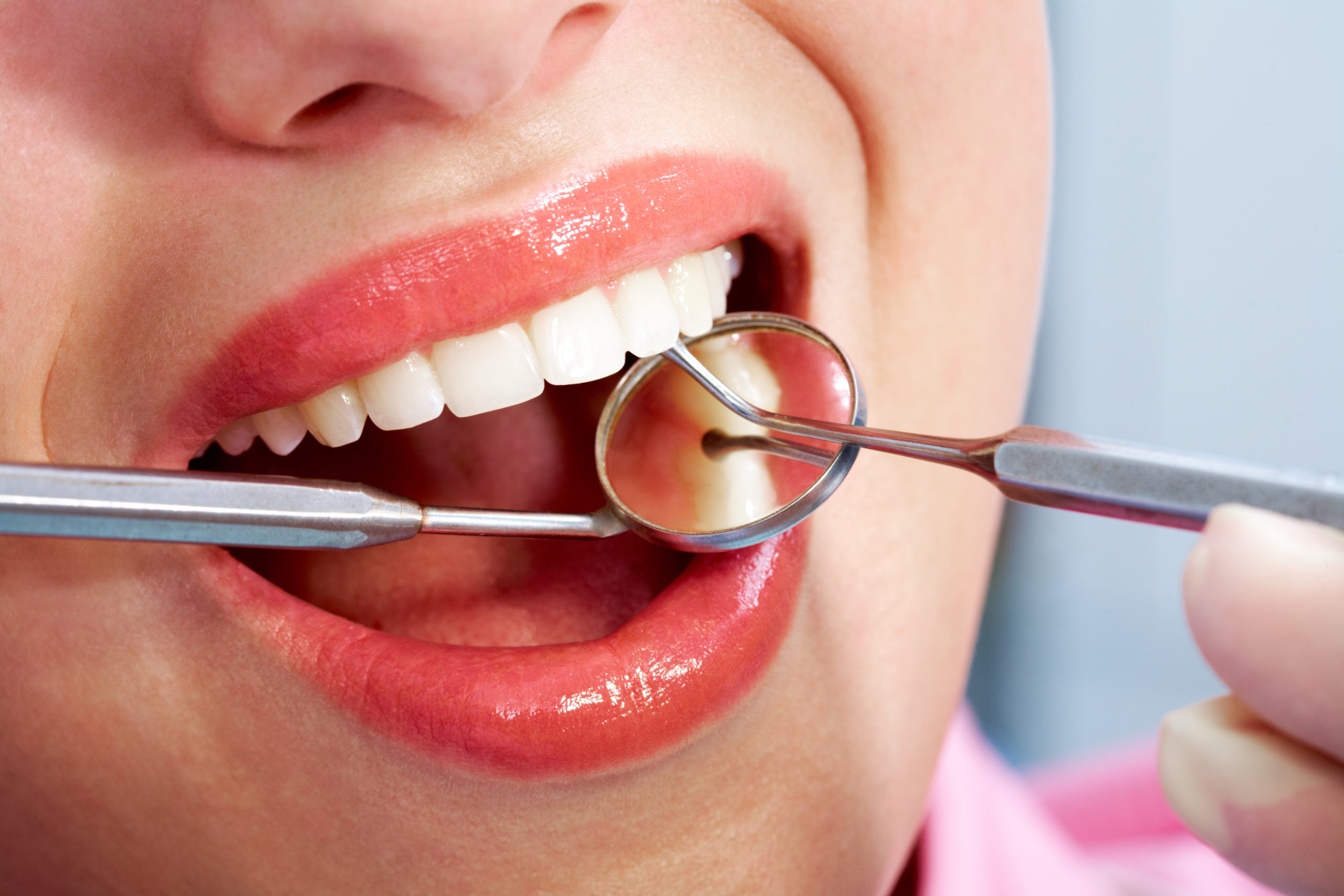
Diabetes is a disease where the body cannot process sugar. It affects over 29.1 million people in the United States. Sugar (glucose) is needed by our cells for energy. When we eat food it is broken down into various simple products, glucose is one of them. The glucose enters the bloodstream and combines with a protein called hemoglobin. Hemoglobin has two jobs. It must transport sugar to the cells and also transport Oxygen to the cells. If there is too much sugar attached to the hemoglobin then our tissues in our body will not get enough oxygen. Infection, necrosis, and illness will occur. Our pancreas secretes a hormone, Insulin, which regulates the amount of sugar in the bloodstream. If we do not have enough insulin or none at all we have diabetes.
There are two types of Diabetes:
- Type 1 – is an autoimmune disease, where our body attacks itself
- Type 2 – our body doesn’t make enough insulin, or our body cells don’t respond well to the insulin
Diabetes can lead to problems throughout the body, particularly
- Eyes
- Nerves
- Blood vessels
- Kidney
- Heart
- Jaws
Diabetes Warning Signs
- High blood sugar
- High a1c test
- Excessive thirst
- Increased urination
- Weight loss
- Fatigue
- Bleeding gums, loose teeth
Diabetes affects on the Mouth
- Decrease in saliva flow, (leading to dry, mouth, xerostomia)
- Increase in caries (dental decay)
- Gum disease (gingivitis) leading a more severe gum and bone condition (periodontitis)
- Problems tasting food
- Delayed wound healing from dental procedures
- Greater increase for infections in the mouth
- Children with diabetes-earlier eruption of permanent teeth
Mechanism of Diabetes and Mouth disease
- Xerostomia – our saliva decreases. The natural bathing (cleansing) of our teeth stops. Bacteria and food debris fester forming plaque which leads to caries and gum disease.
- Tooth decay – to have tooth decay we need sugar (sucrose) plus bacteria (which live in our mouths all of the time). The bacteria (particularly streptococcus mutans) plus the sugar form plaque. In the plaque, the bacteria work on the sugar to produce an acid. It is this acid that eats away at our enamel (outer layer of the tooth) and starts the decay process. The higher the blood sugar the more acid is produced.
- Early Gum Disease (gingivitis) – diabetes reduces our ability to fight off infection and bacteria. It also stops oxygen from reaching our cells in our gums. Many of the bacteria that cause gum disease are anaerobic (they live without oxygen). So diabetes allows these bad bacteria to proliferate. Once this occurs our gums get puffy and start to bleed, this is gingivitis. This disease can be treated in our office with our team of hygienists and our board-certified periodontist, Dr. Wang.
- Advanced gum disease – Periodontitis-if gingivitis is left untreated it will advance to more serious condition periodontitis. Periodontitis is an infection that affects the tissues that surround the teeth (gum and jaw bone). This disease if left untreated will lead to tooth loss and systemic implications that affect the lung and the heart.
- Thrush – this a fungal disease characterized by white and yellow build-ups on the tongue and mouth. Caused by Candida Albicans. Diabetes creates high levels of blood sugar (glucose) which allows for overgrowth of yeast and subsequent infections.
- Xerostomia – dry mouth is a by-product of diabetes. As the saliva flow decreases, caries, periodontitis increase because of the proliferation of anaerobic bacteria and our body’s inability to fight off the infection because of lack of oxygen going to the tissues.
Prevention
- Commitment to eating healthy, decreasing sugar in the diet, monitoring blood sugar levels, exercise and taking proper medications
- Brushing 2x daily for two minutes with a small soft brush
- Flossing 1x daily preferably before bedtime
- Regular dental visits to our office 3x a year
- Look for early signs
- Don’t smoke
- Avoid alcohol
Visit 172 NYC Dental Today
Diabetes and periodontal disease are “first cousins”. Both of these diseases can be mitigated to some extent and certainly can be treated. Our team at 172 NYC Dental is trained to detect disease at its earliest stages. We solve dental problems before they become advanced diseases. Please come in for a checkup and cleaning and leave with a beautiful, healthy, and confident smile. Call us at 646-921-5541 to make an appointment today.








